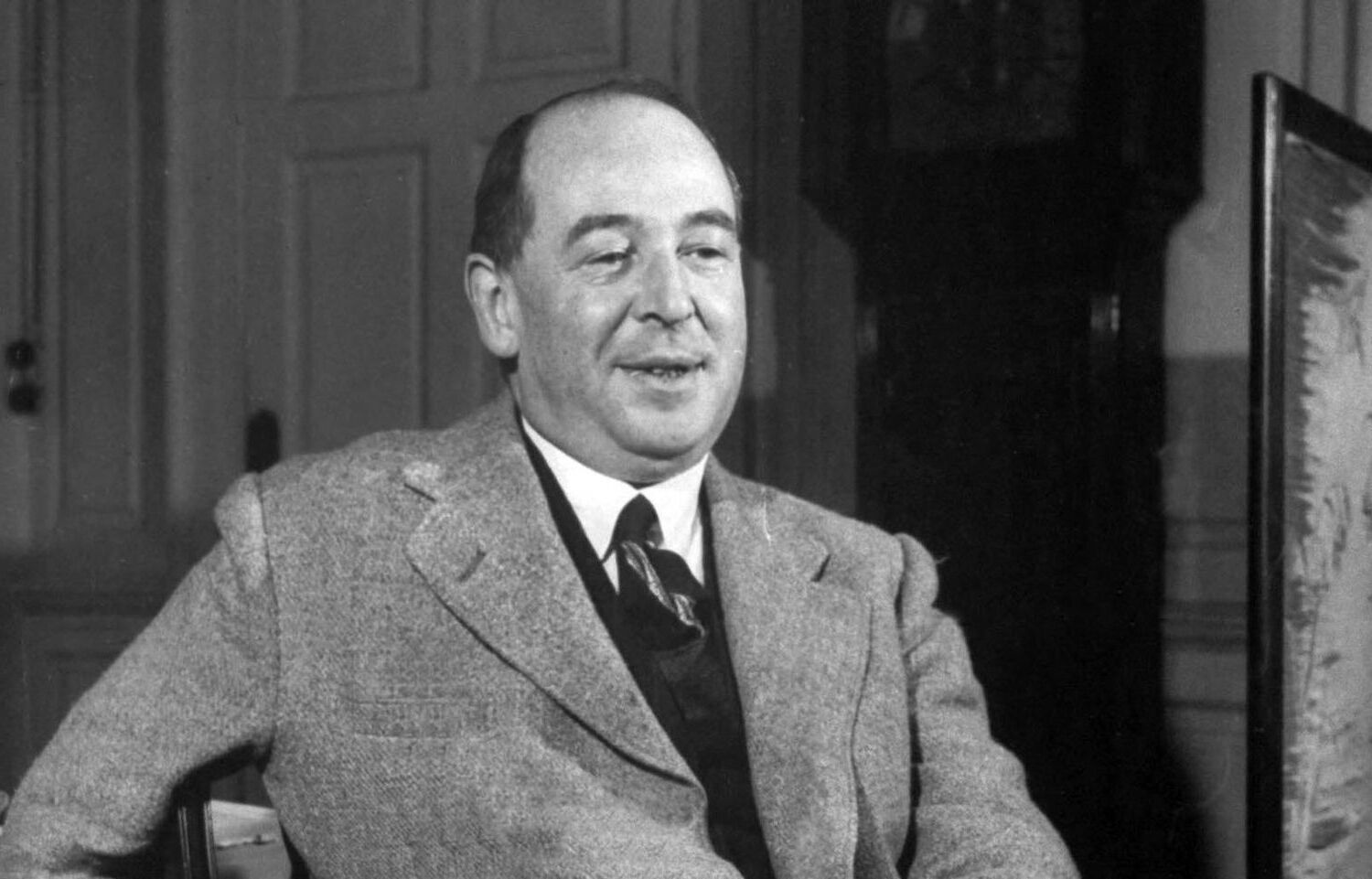
Behavior analysis is a fascinating field that delves into the intricacies of human behavior and the factors that influence it. Behavior analysts study how people behave, why they behave the way they do, and seek to develop effective strategies to modify behavior. If you’ve ever wondered what makes us tick and how our actions can be shaped and changed, then you’re in for a treat. In this article, we will uncover 17 extraordinary facts about behavior analysts that will shed light on the important work they do and the impact they have on individuals and society as a whole. From their extensive training to their application in various settings, behavior analysts play a critical role in understanding and improving human behavior. So, buckle up and prepare to be amazed by the remarkable world of behavior analysis!
Key Takeaways:
- Behavior Analysts study human behavior and use evidence-based strategies to create positive changes. They work with diverse populations and promote independence while following ethical guidelines.
- Behavior Analysts make a significant impact by developing behavior intervention plans, advocating for social change, and conducting research to improve human behavior.
Behavior Analysts study human behavior.
Behavior Analysts specialize in the scientific study of human behavior and apply their knowledge to various fields, including psychology, education, and healthcare.
Behavior Analysts use evidence-based strategies.
Behavior Analysts rely on evidence-based strategies and interventions to understand and modify behavior effectively. They apply principles of learning and behavior to create positive changes.
Behavior Analysts work with diverse populations.
Behavior Analysts work with individuals of all ages and backgrounds, including children with developmental disabilities, individuals with mental health disorders, and even athletes looking to enhance performance.
Behavior Analysts conduct thorough assessments.
Behavior Analysts conduct comprehensive assessments to identify the underlying causes of problematic behavior and develop tailored interventions to address them.
Behavior Analysts create behavior intervention plans.
Based on their assessments, Behavior Analysts develop behavior intervention plans that outline specific strategies to address problem behaviors and promote positive, adaptive behaviors.
Behavior Analysts work collaboratively.
Behavior Analysts collaborate with individuals, families, educators, and other professionals to ensure consistency and effectiveness in implementing behavior change strategies.
Behavior Analysts utilize reinforcement.
Behavior Analysts use reinforcement techniques to increase desired behaviors and decrease undesired behaviors. They focus on positive reinforcement, offering rewards for positive changes.
Behavior Analysts collect data.
Behavior Analysts collect and analyze data to track progress, make informed decisions about interventions, and ensure the effectiveness of their behavior change strategies.
Behavior Analysts promote independence.
Behavior Analysts strive to promote independence and teach individuals the skills necessary to manage their behavior and achieve their goals.
Behavior Analysts follow ethical guidelines.
Behavior Analysts adhere to a strict code of ethics, ensuring that their practice is conducted in a responsible, professional, and confidential manner.
Behavior Analysts work in various settings.
Behavior Analysts can be found working in schools, clinics, hospitals, correctional facilities, and even in the business sector, providing behavior management and organizational consulting services.
Behavior Analysts help individuals with autism.
Behavior Analysts play a crucial role in working with individuals diagnosed with autism spectrum disorder, helping them develop communication skills, adaptive behaviors, and social interactions.
Behavior Analysts focus on environmental influences.
Behavior Analysts recognize the significant impact of the environment on behavior and seek to modify environmental factors to promote positive change.
Behavior Analysts advocate for social change.
Behavior Analysts advocate for social change and contribute to shaping policies and practices that promote inclusivity, equality, and access to effective behavioral services.
Behavior Analysts conduct research.
Behavior Analysts actively contribute to research in the field, aiming to expand the knowledge and understanding of human behavior and improve the effectiveness of interventions.
Behavior Analysts continuously learn and grow.
Behavior Analysts participate in ongoing professional development activities, staying up-to-date with the latest research and advancements in the field.
Behavior Analysts make a positive impact.
Behavior Analysts have the opportunity to make a significant and transformative impact on the lives of individuals and communities by helping them overcome challenges and achieve their full potential.
Conclusion
In conclusion, behavior analysts play a crucial role in understanding and improving human behavior. These professionals are equipped with the knowledge and skills to assess, analyze, and implement effective interventions to bring about positive changes in individuals’ lives. From working with children with autism to helping individuals with anxiety disorders, behavior analysts make a significant impact on society.Their work extends beyond just behavior modification; they also contribute to research, training, and policy development in the field of behavioral science. With their expertise, they bring about transformational changes in various settings such as classrooms, hospitals, and rehabilitation centers.If you are interested in pursuing a career as a behavior analyst or seeking their services for yourself or a loved one, you can be assured of their commitment, expertise, and dedication to improving behavioral outcomes. Behavior analysts truly make a difference and are at the forefront of understanding and improving human behavior.
FAQs
1. What is a behavior analyst?
A behavior analyst is a professional who specializes in the study of human behavior. They use evidence-based strategies and interventions to assess, analyze, and modify behaviors.
2. What does a behavior analyst do?
A behavior analyst works with individuals of all ages to understand and modify behavior patterns. They conduct assessments, develop behavior intervention plans, and provide ongoing support and guidance to help individuals achieve their behavioral goals.
3. How do I become a behavior analyst?
To become a behavior analyst, you typically need to obtain a Master’s degree in Applied Behavior Analysis or a related field. Additionally, you must complete supervised practical experience and pass the Board Certified Behavior Analyst (BCBA) exam.
4. Can behavior analysts help with autism?
Yes, behavior analysts are often involved in working with individuals with autism spectrum disorder (ASD). They utilize principles of applied behavior analysis to develop tailored interventions that address the specific needs of individuals with autism.
5. How long does behavior analysis therapy take?
The duration of behavior analysis therapy varies depending on the individual’s needs and goals. It can range from a few months to several years, but regular assessments are conducted to track progress and make necessary adjustments to the treatment plan.
6. Can behavior analysis therapy be effective for adults?
Yes, behavior analysis therapy can be effective for adults as well. It can address a wide range of behavioral issues, including anxiety, addiction, phobias, and social skills deficits.
7. Are behavior analysts licensed professionals?
Behavior analysts may be licensed depending on the state or country they practice in. They may also hold additional certifications such as the Board Certified Behavior Analyst (BCBA) credential.
8. What is the difference between a behavior analyst and a psychologist?
A behavior analyst focuses specifically on behavior modification using applied behavior analysis techniques. Psychologists, on the other hand, study the mind and behavior more broadly and may use various therapeutic approaches.
9. Can behavior analysis be used in schools?
Yes, behavior analysis is commonly used in schools to address behavioral issues, develop individualized education plans (IEPs), and promote positive learning environments.
10. How can I find a qualified behavior analyst?
You can find qualified behavior analysts by checking with professional organizations such as the Behavior Analyst Certification Board (BACB) or by asking for referrals from healthcare professionals, educational institutions, or support groups.
Behavior analysts play a crucial role in understanding and shaping human behavior. Their evidence-based strategies and collaborative approach help individuals from diverse backgrounds lead more independent lives. Behavior analysts continuously learn, grow, and make a positive impact on society. If you found these extraordinary facts about behavior analysts intriguing, you might also be interested in exploring astonishing facts about behavioral analyst. Expand your knowledge further and satisfy your curiosity about this fascinating field.
Was this page helpful?
Our commitment to delivering trustworthy and engaging content is at the heart of what we do. Each fact on our site is contributed by real users like you, bringing a wealth of diverse insights and information. To ensure the highest standards of accuracy and reliability, our dedicated editors meticulously review each submission. This process guarantees that the facts we share are not only fascinating but also credible. Trust in our commitment to quality and authenticity as you explore and learn with us.


